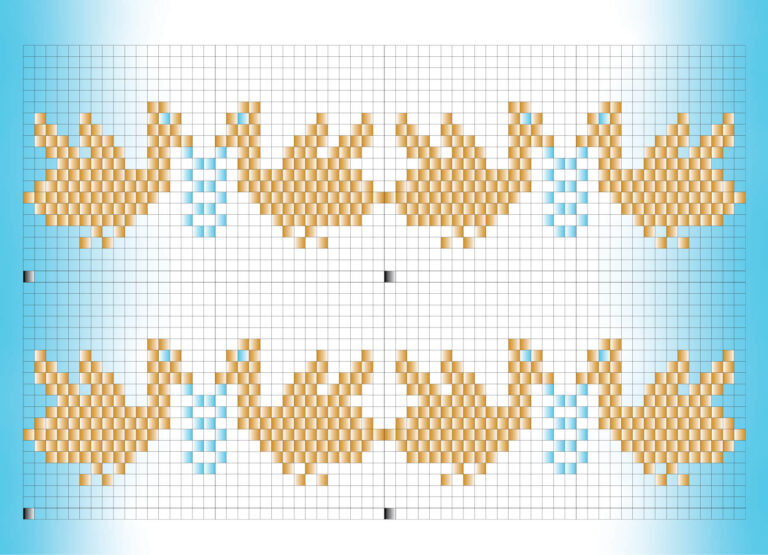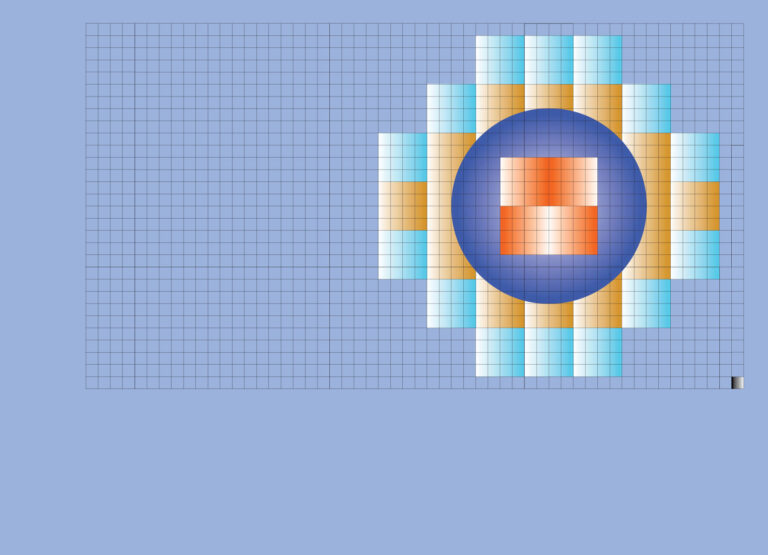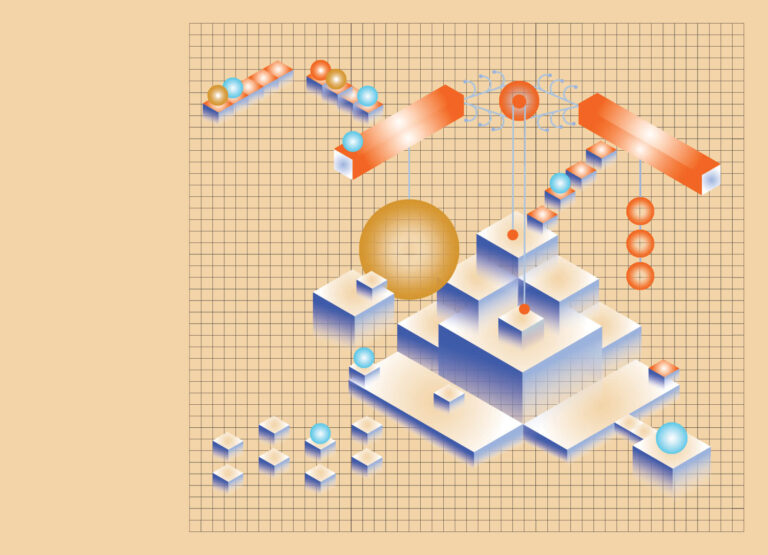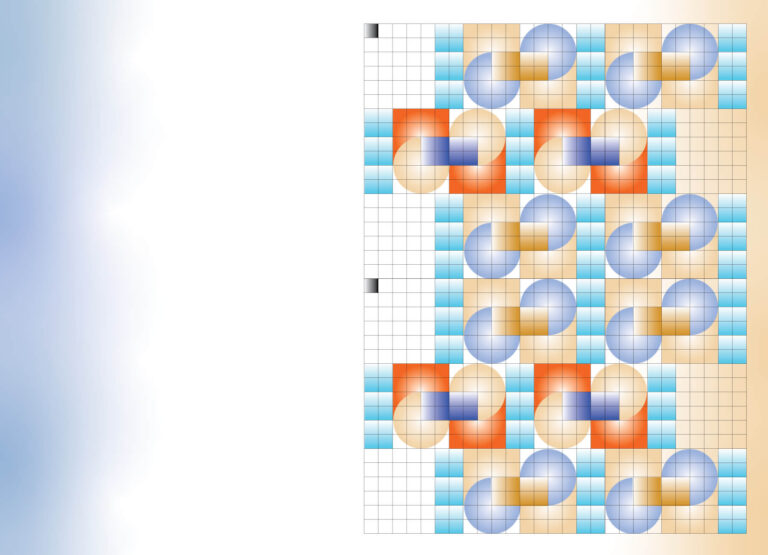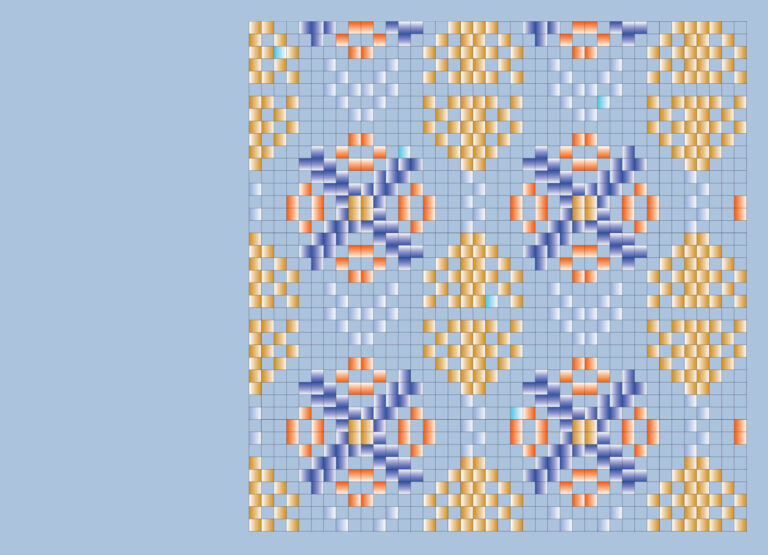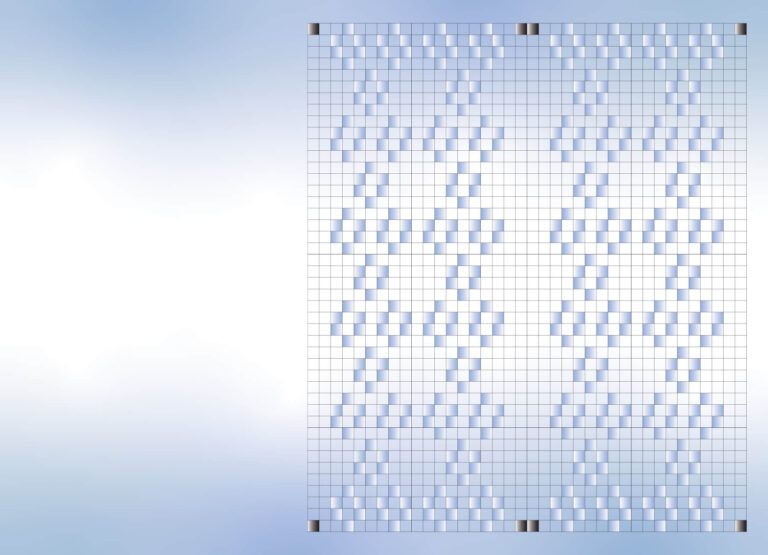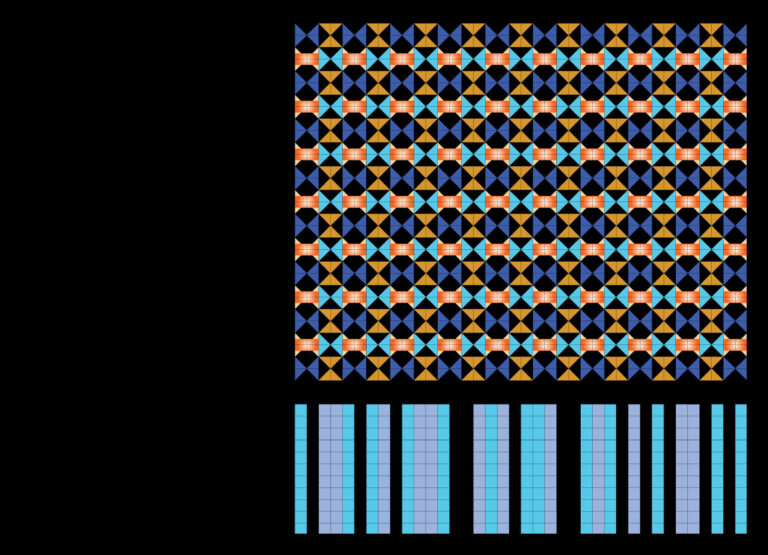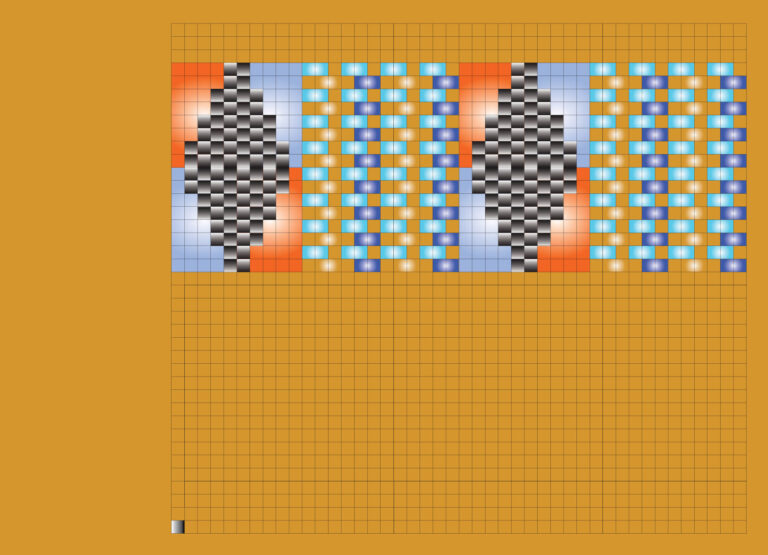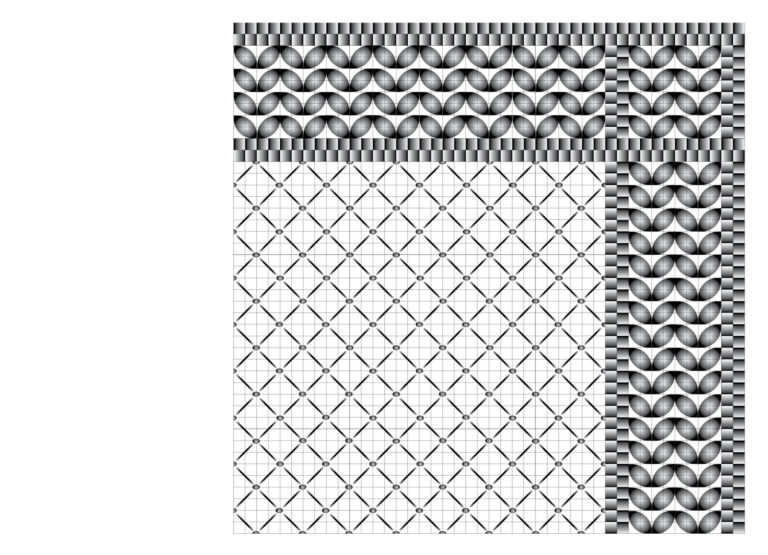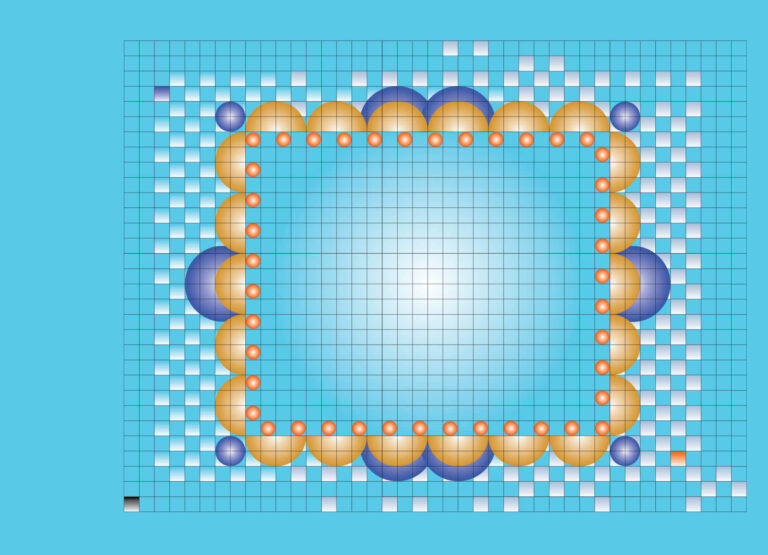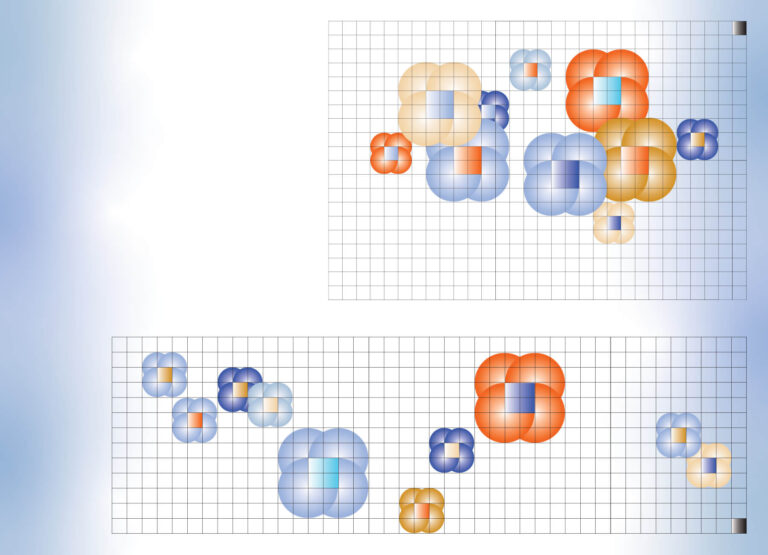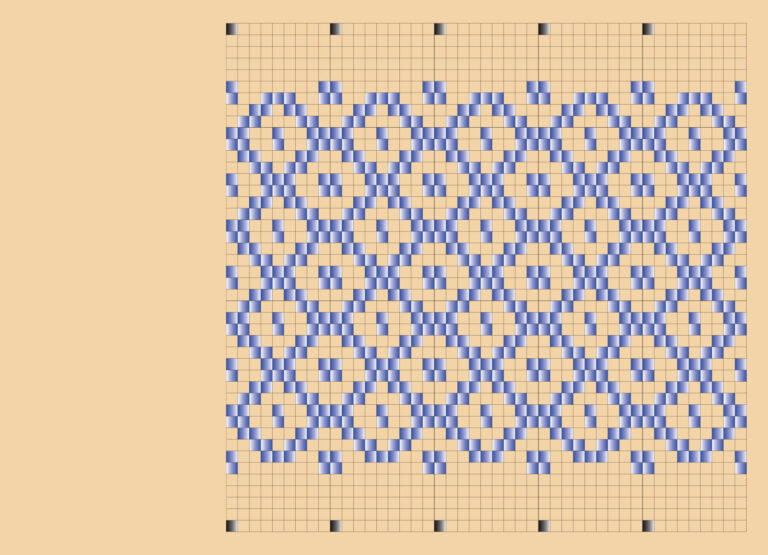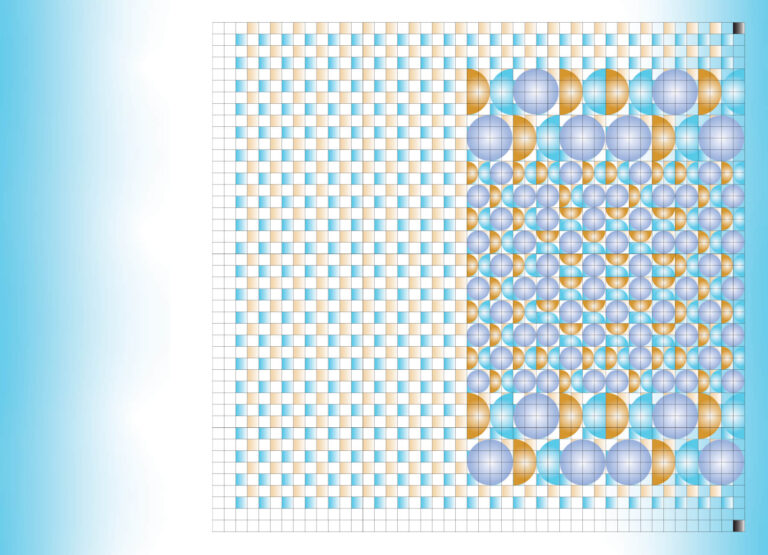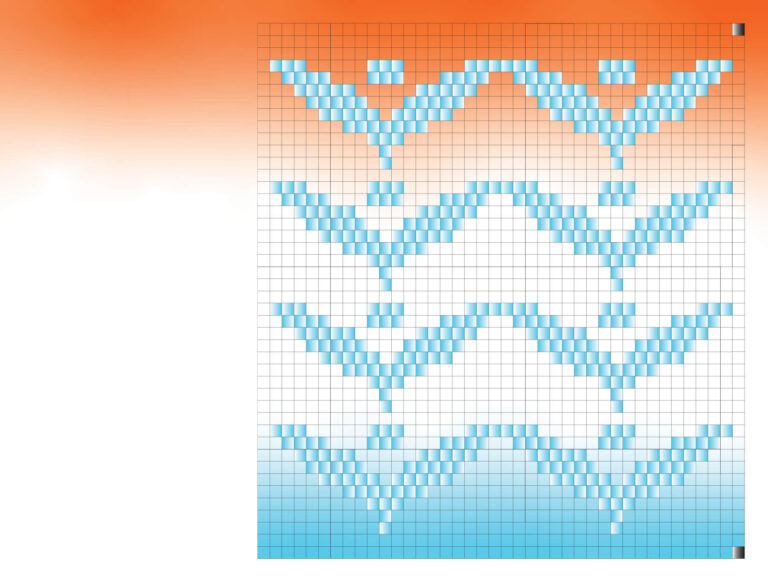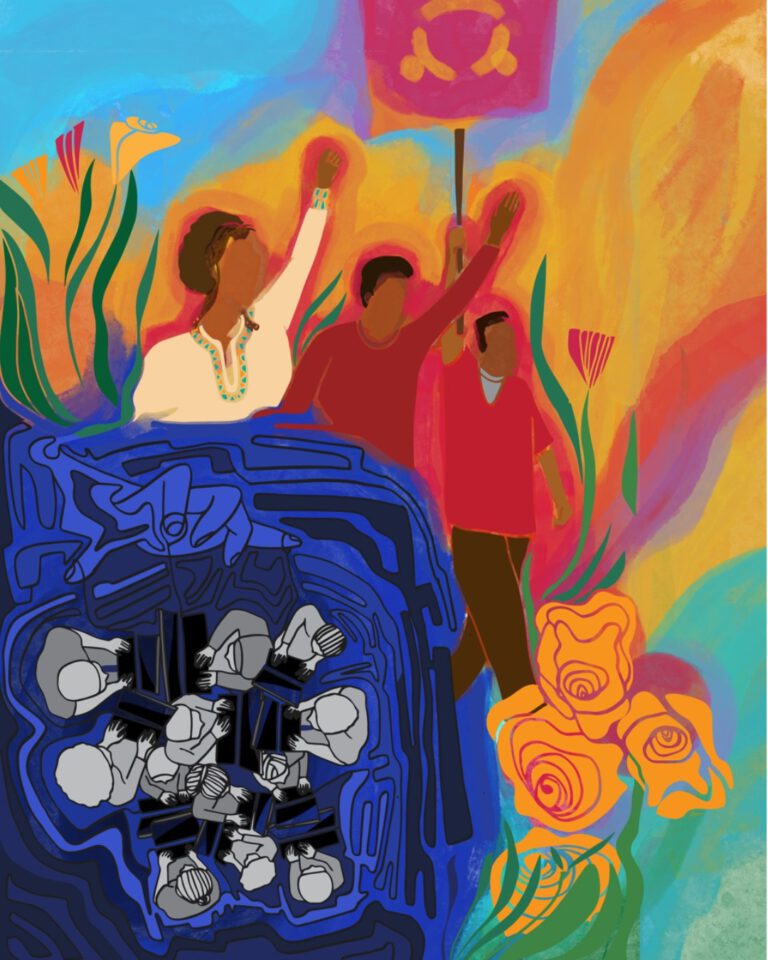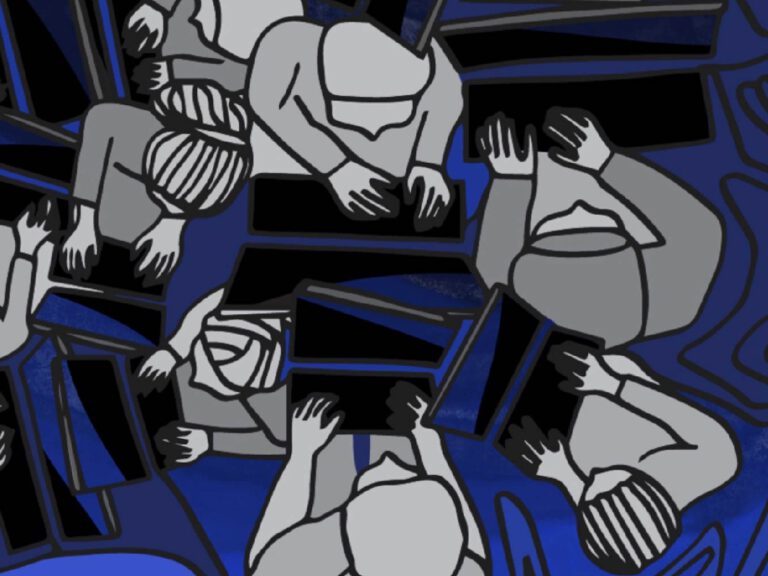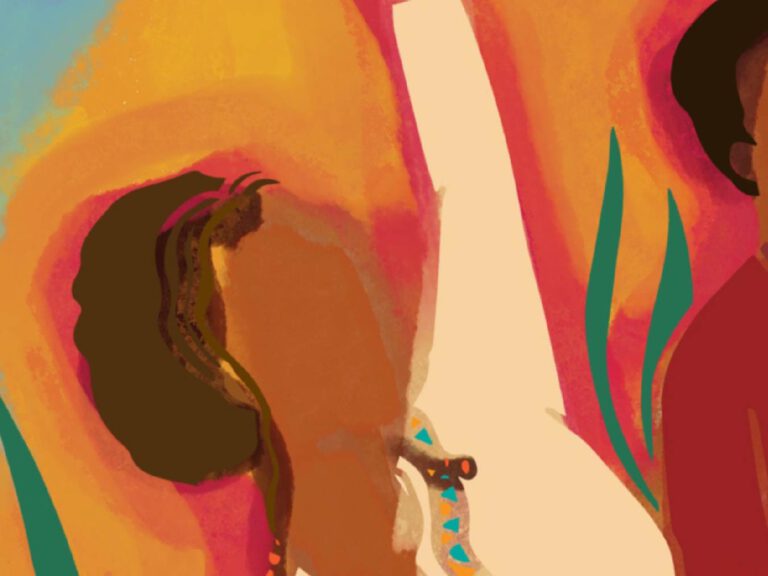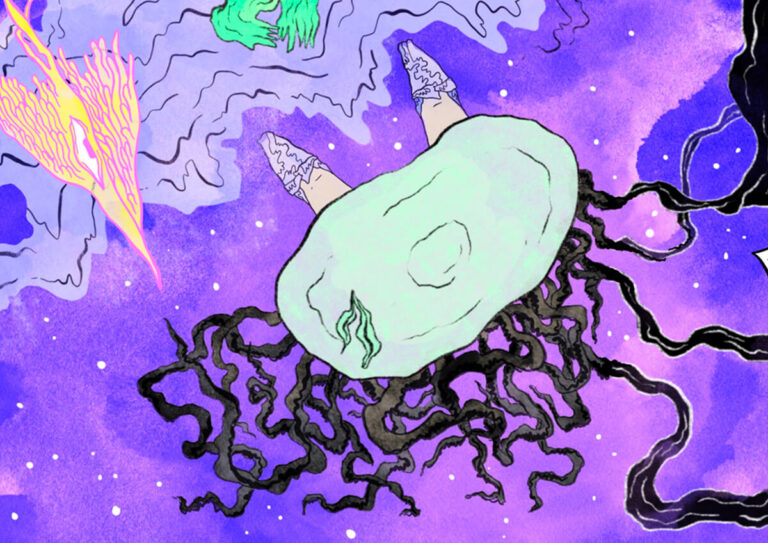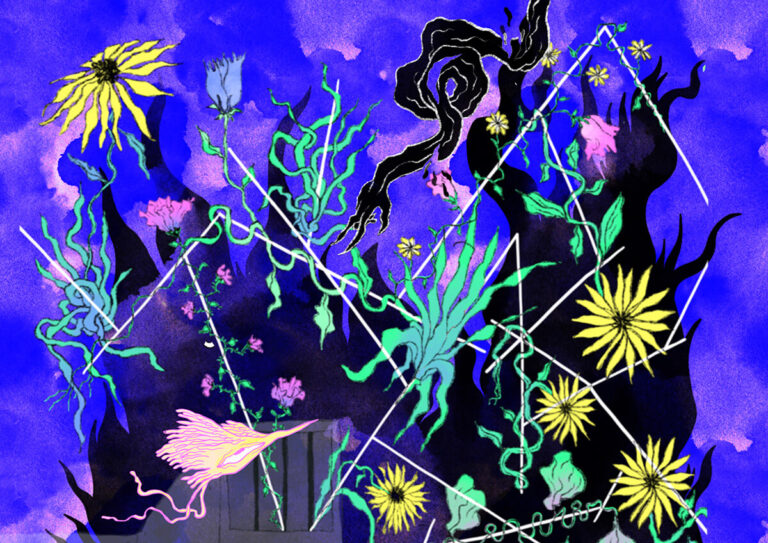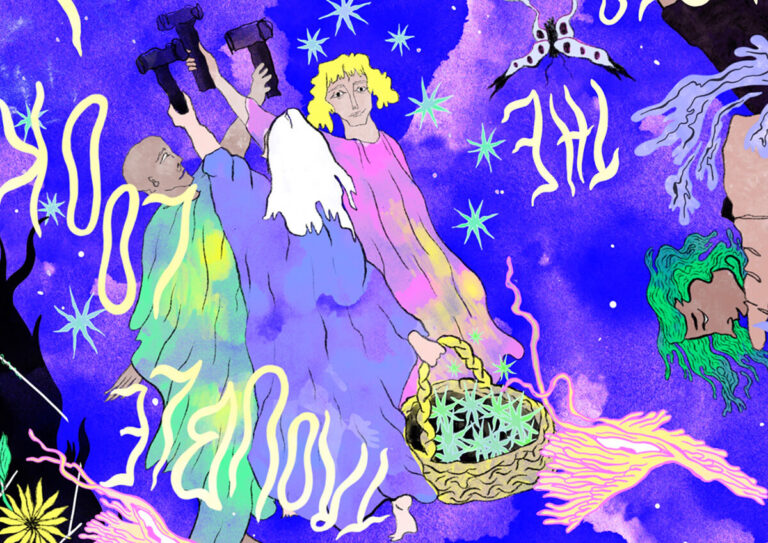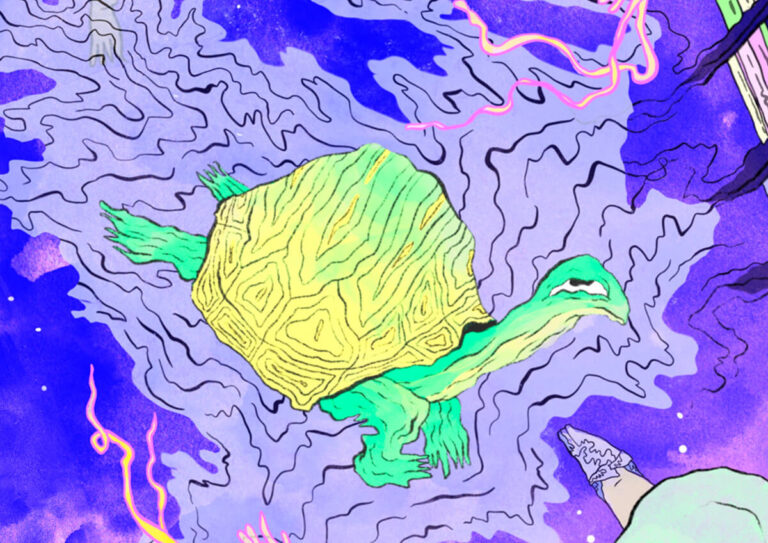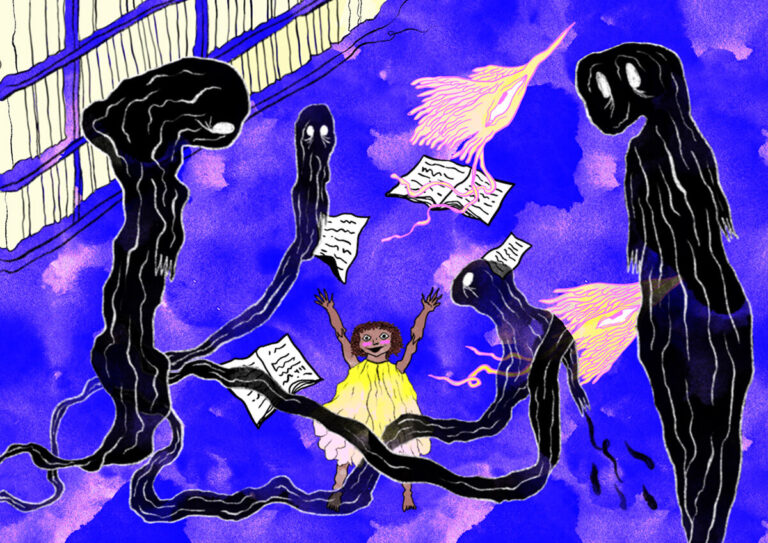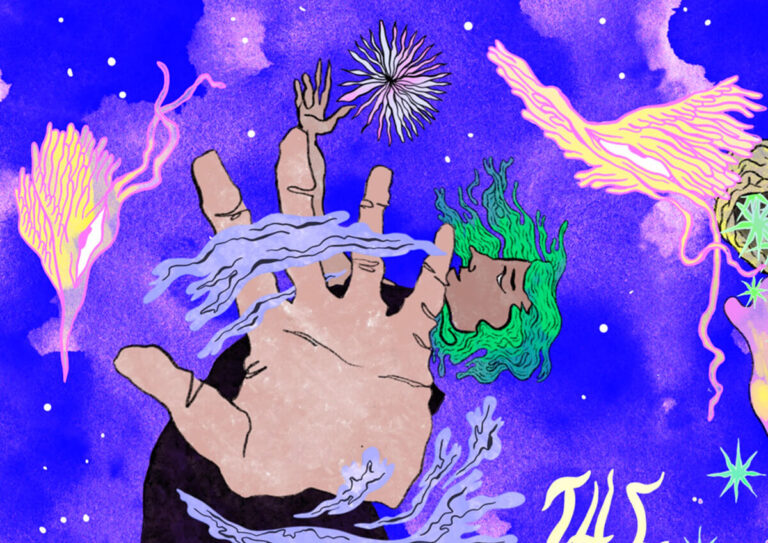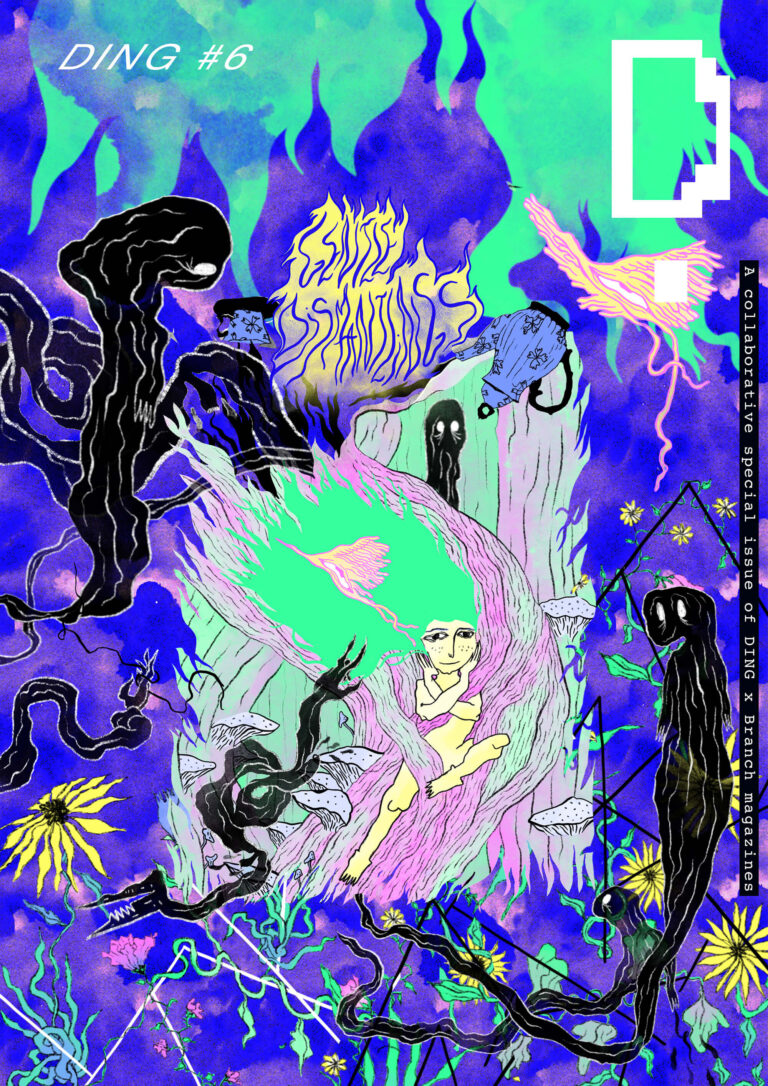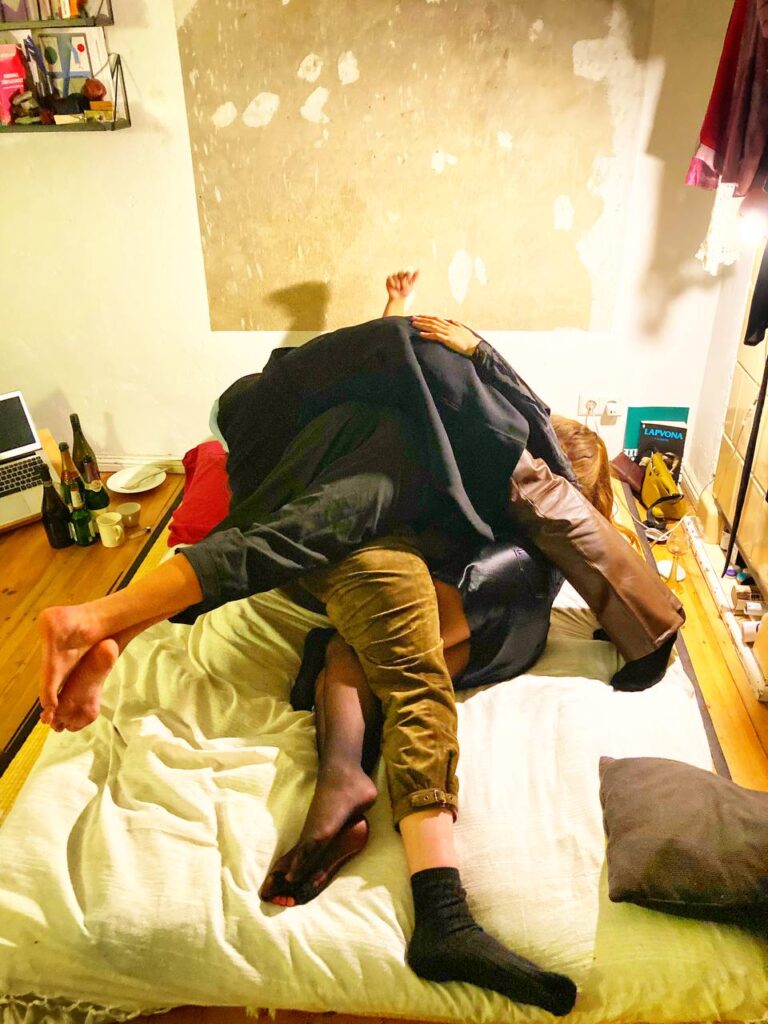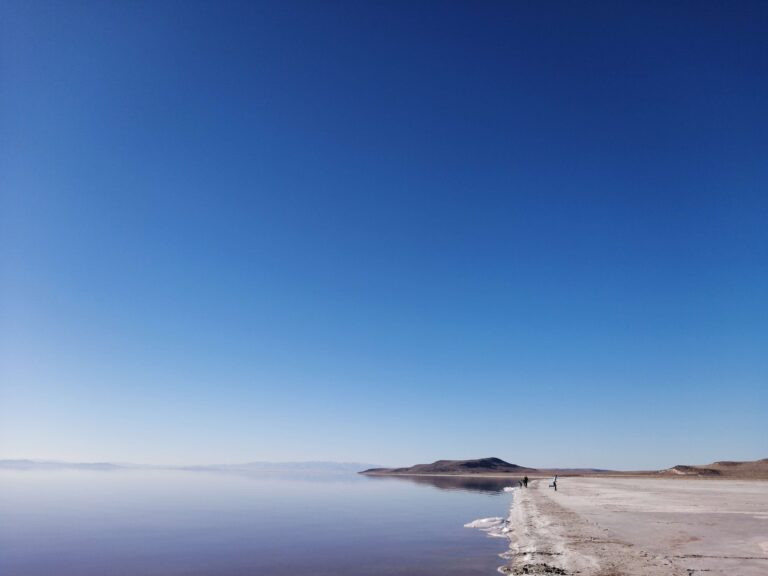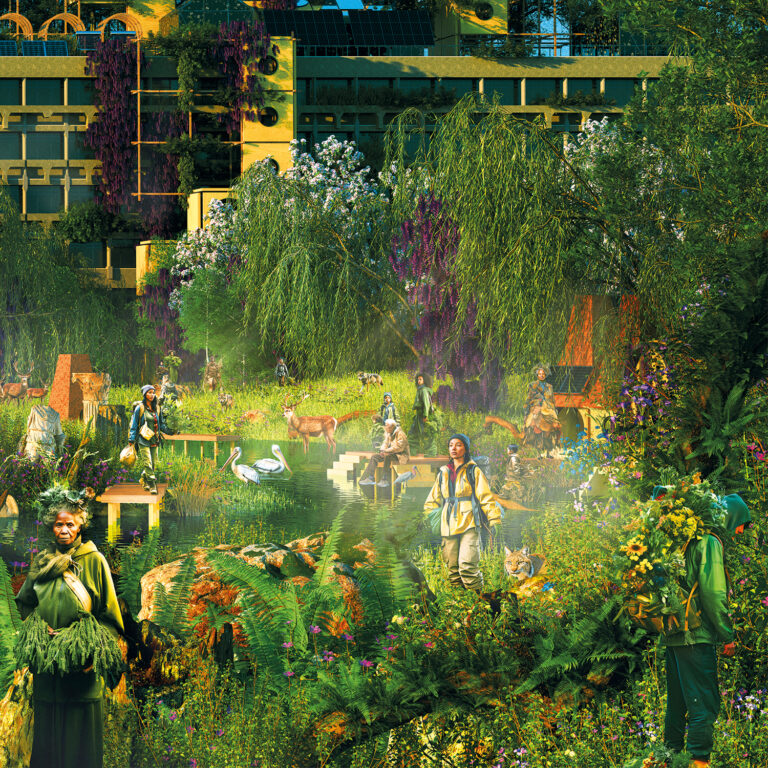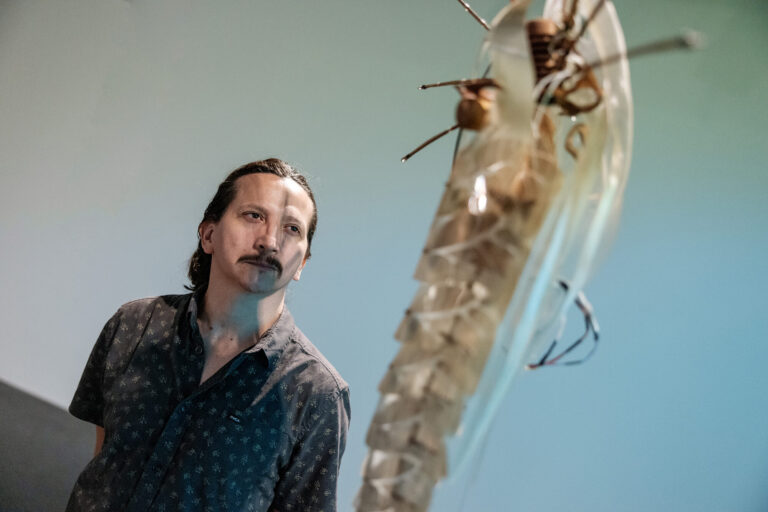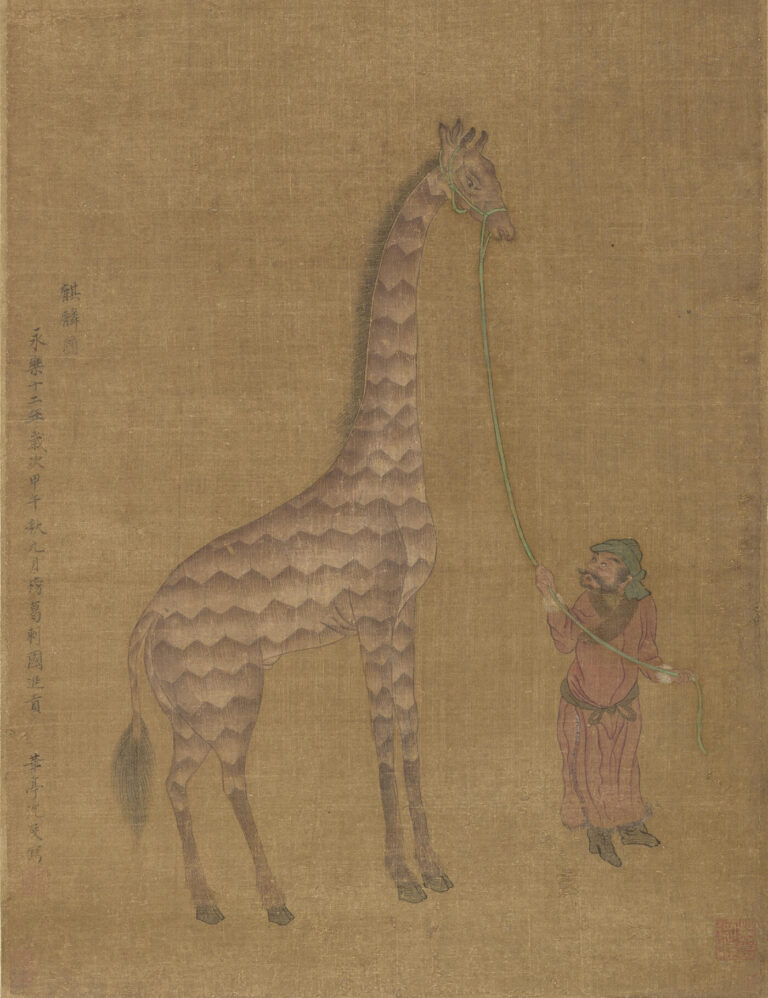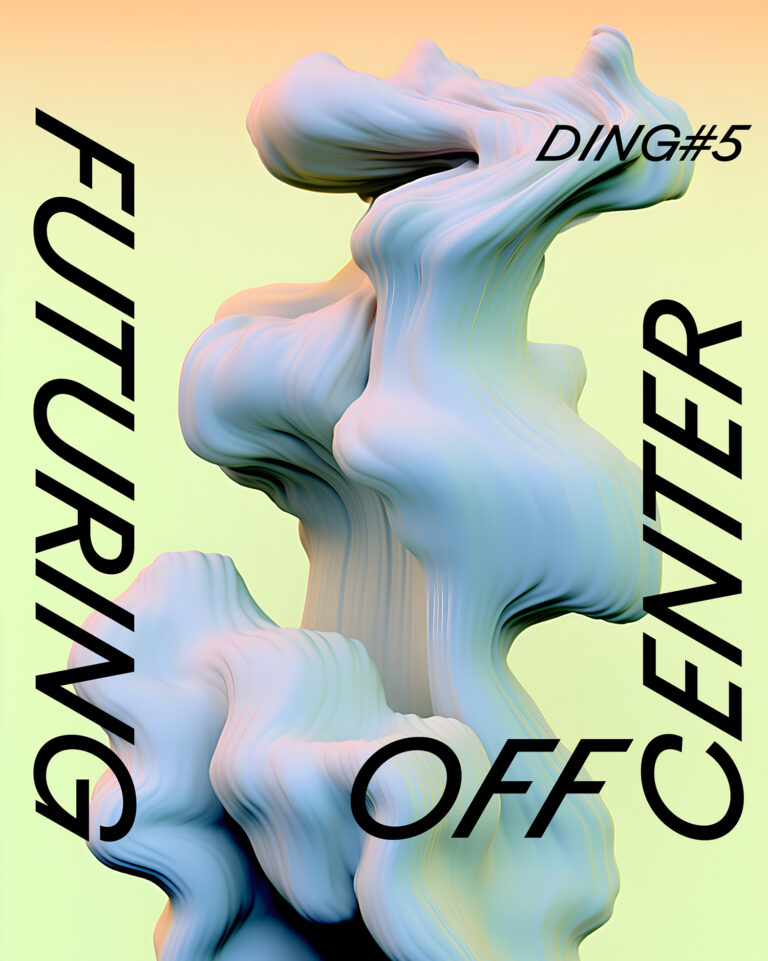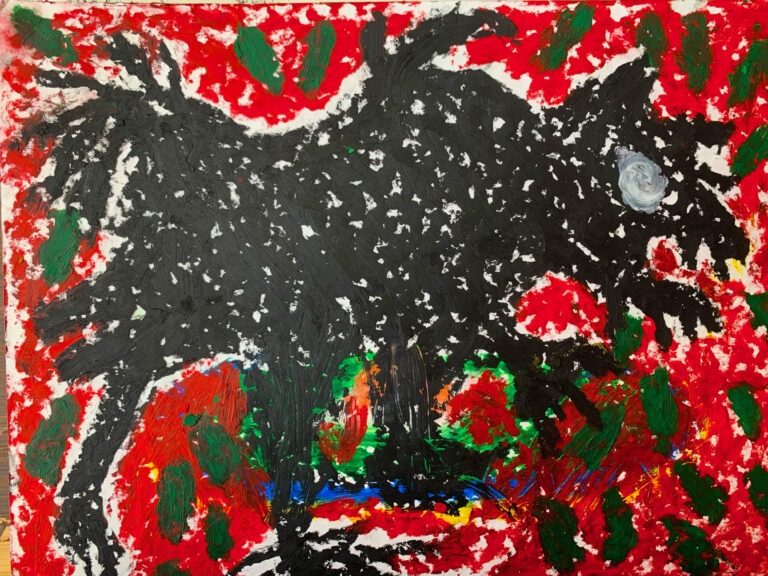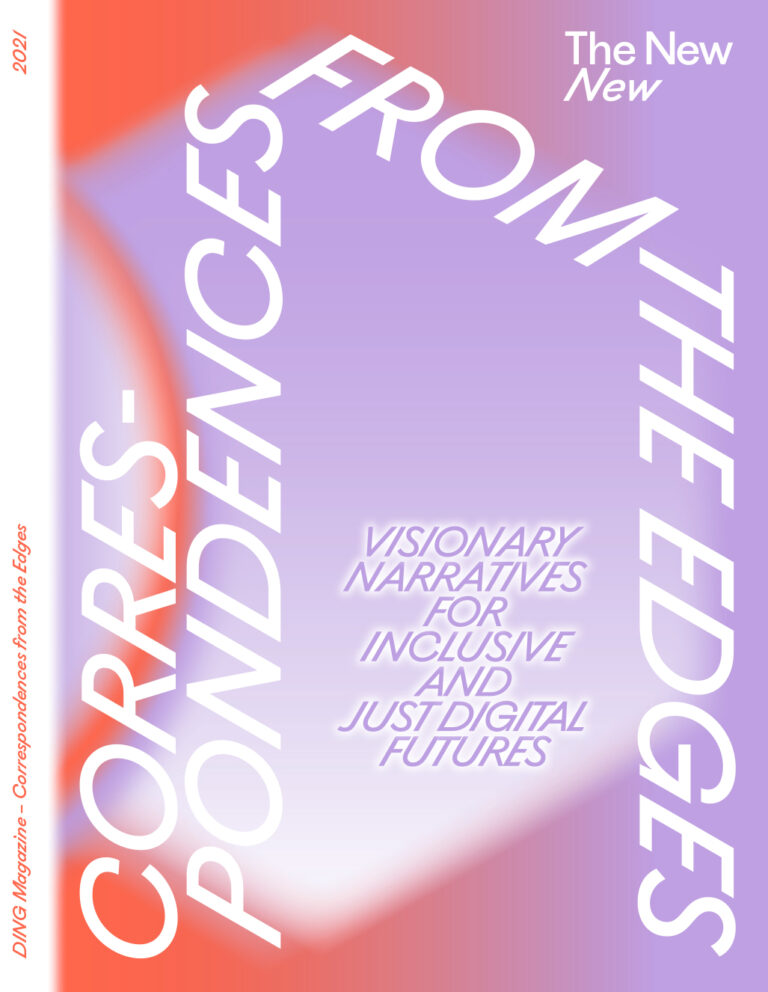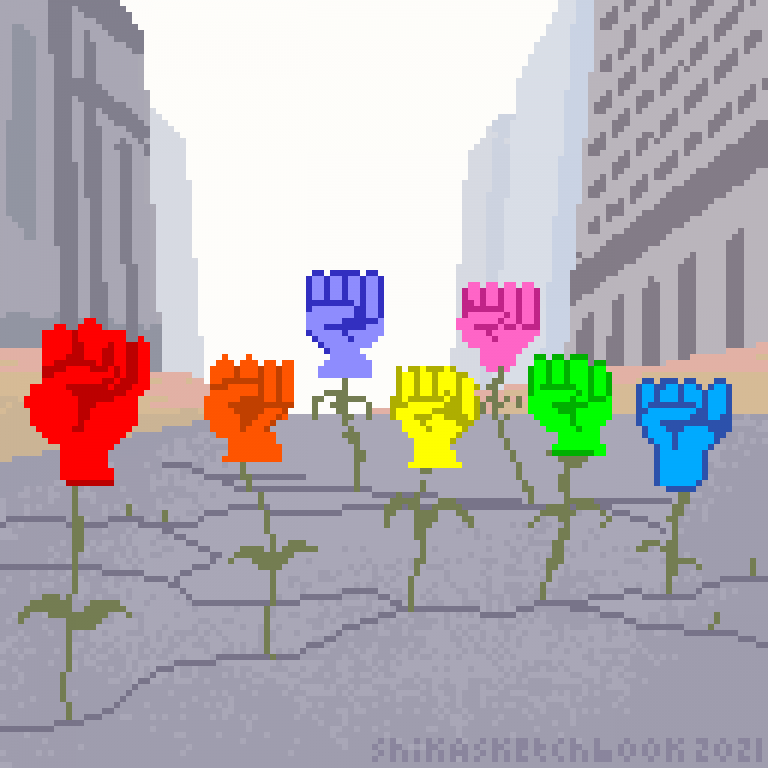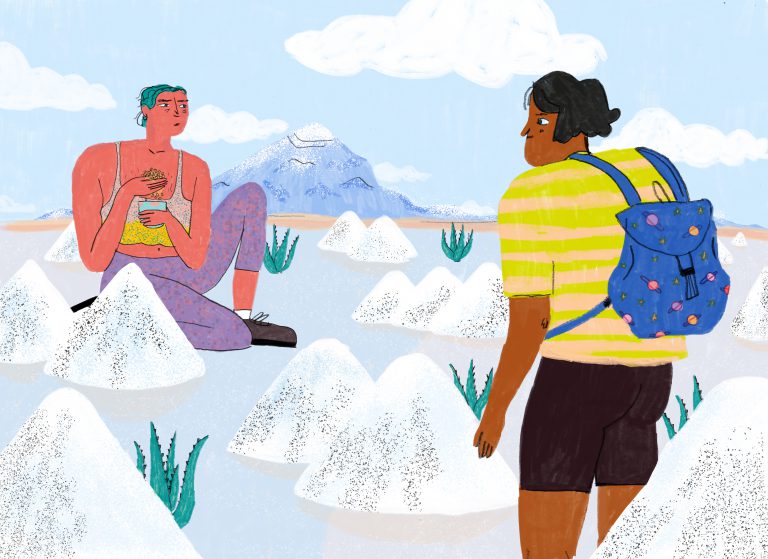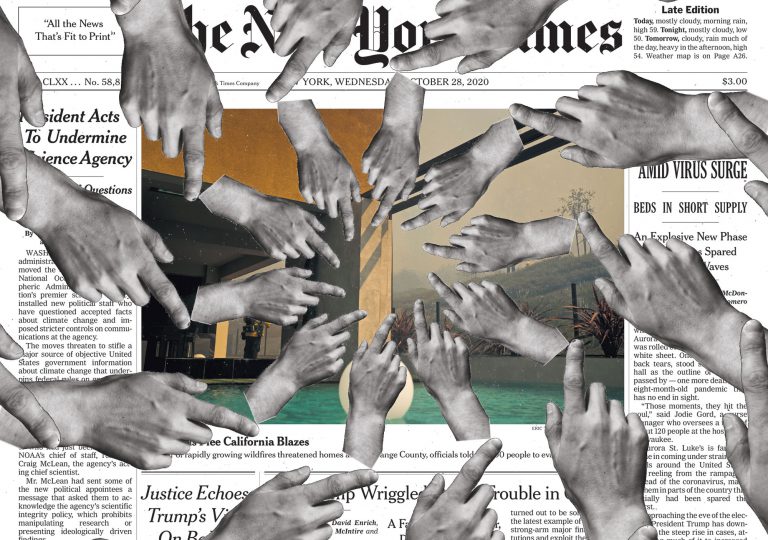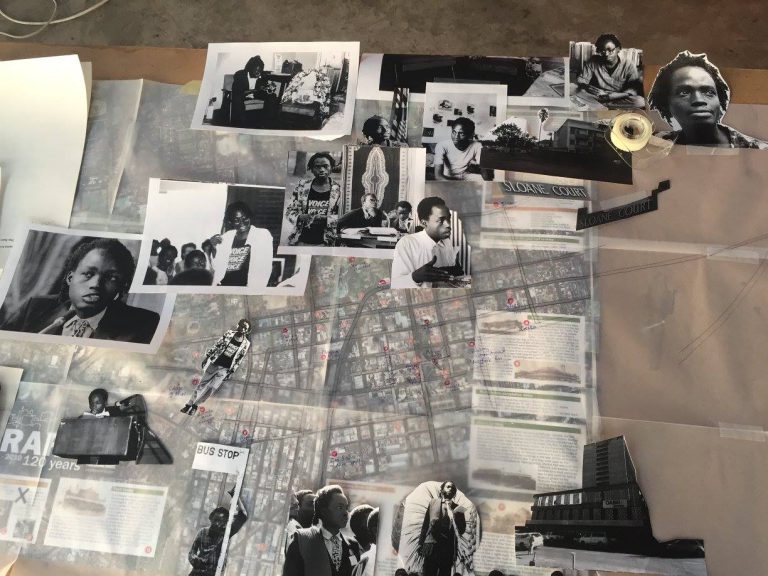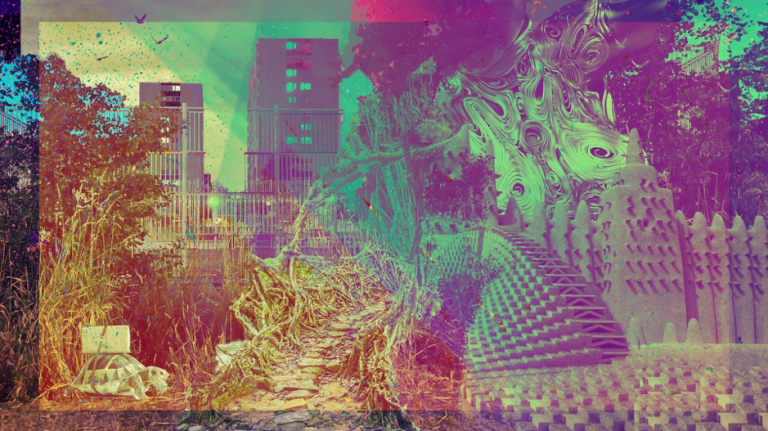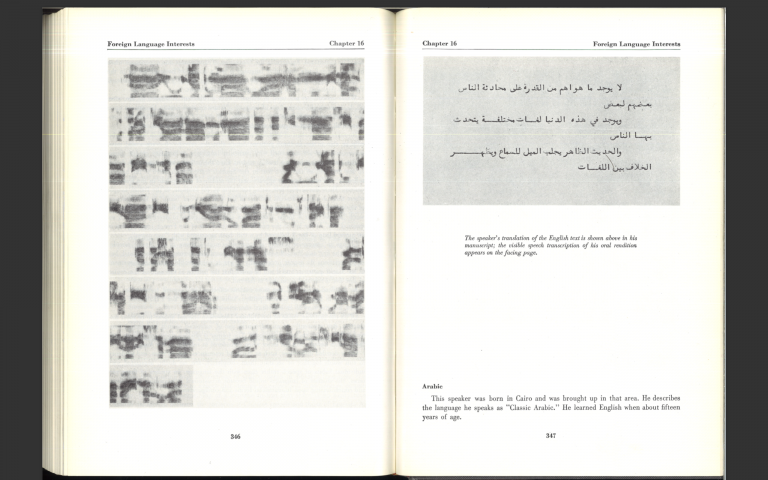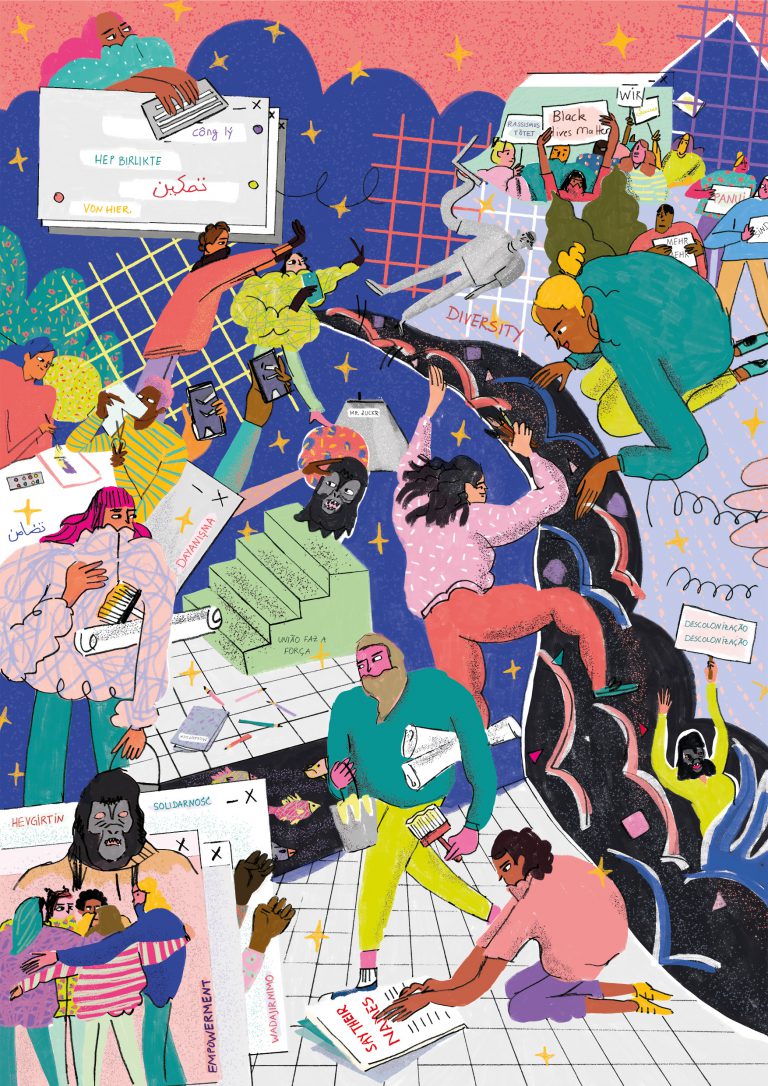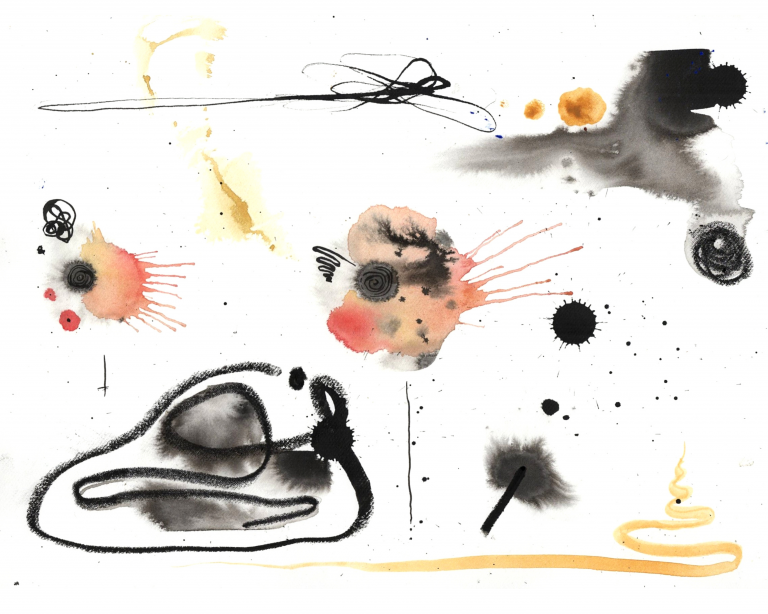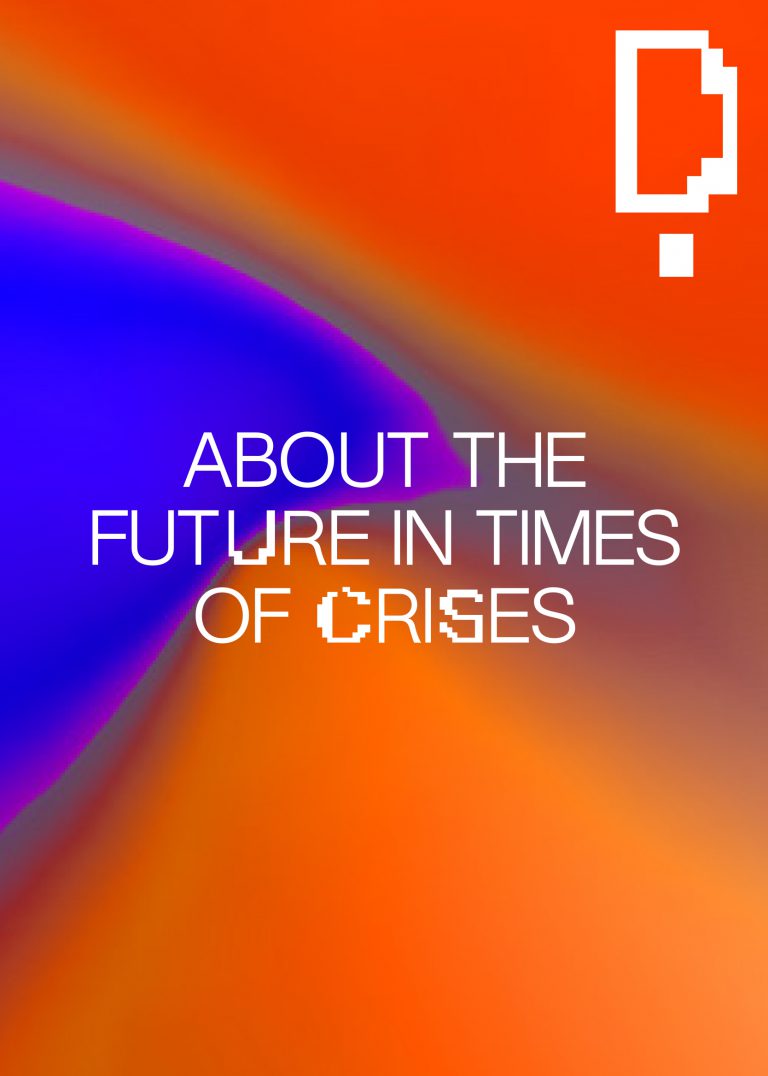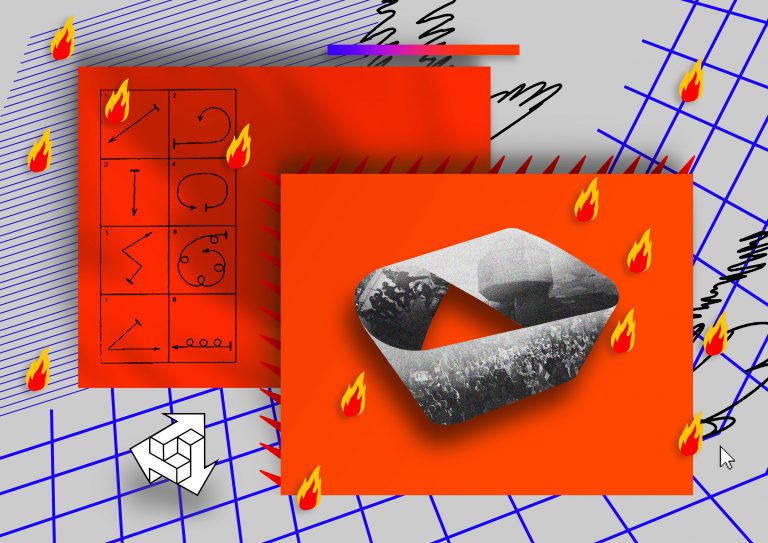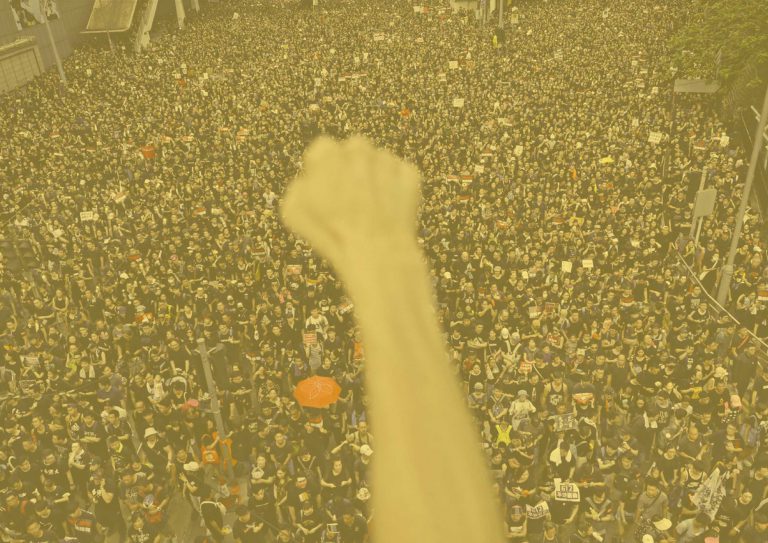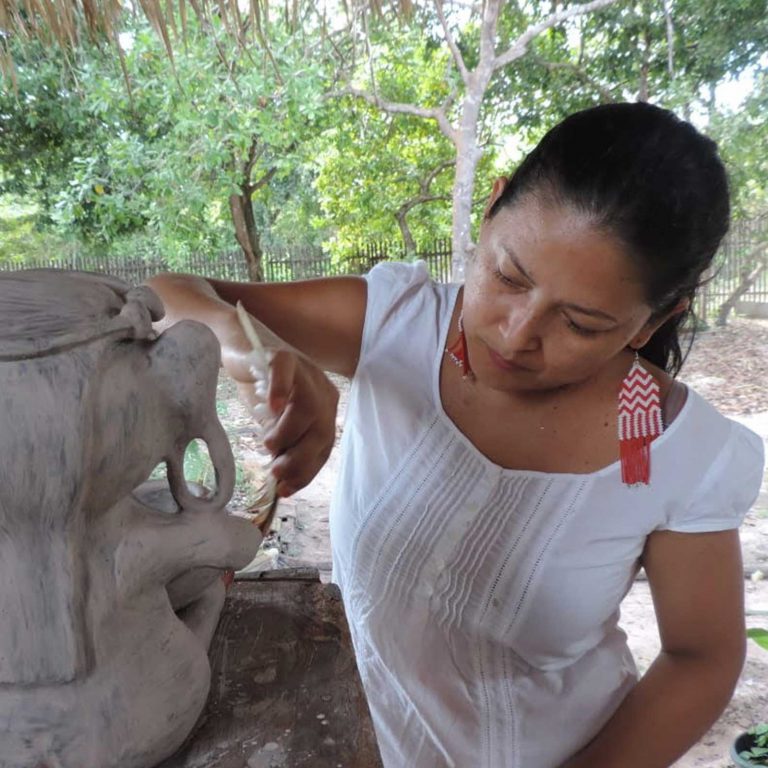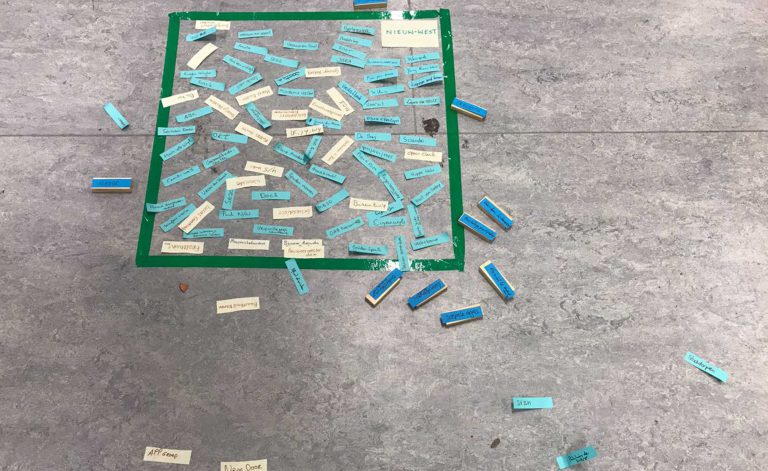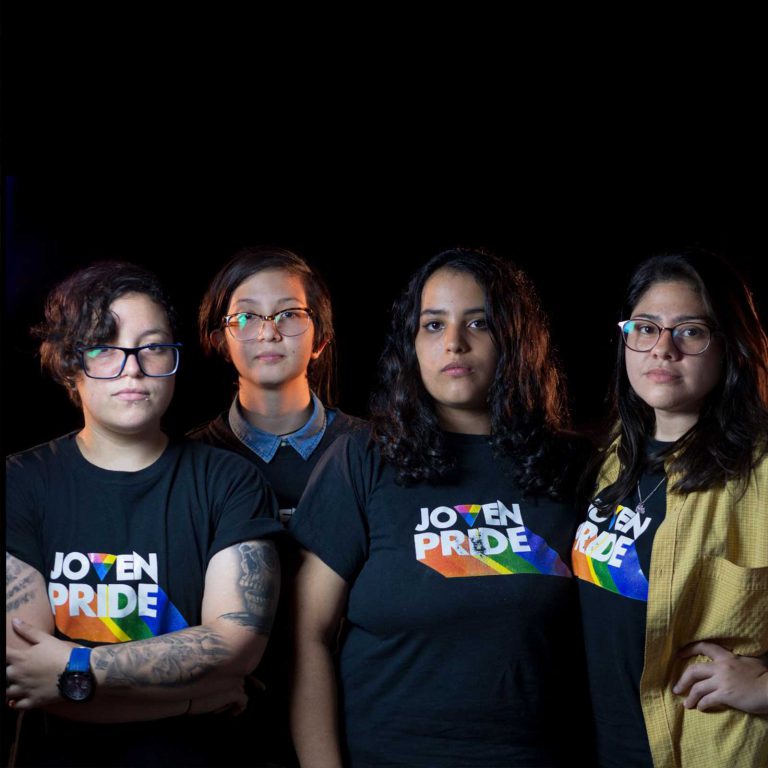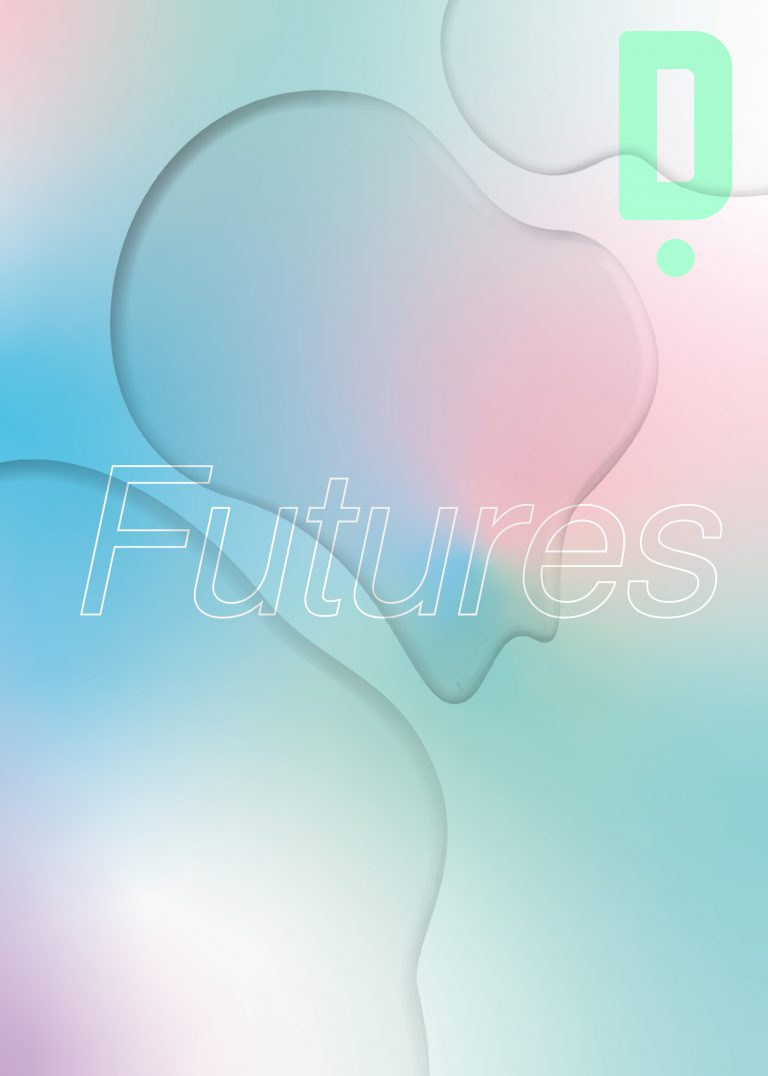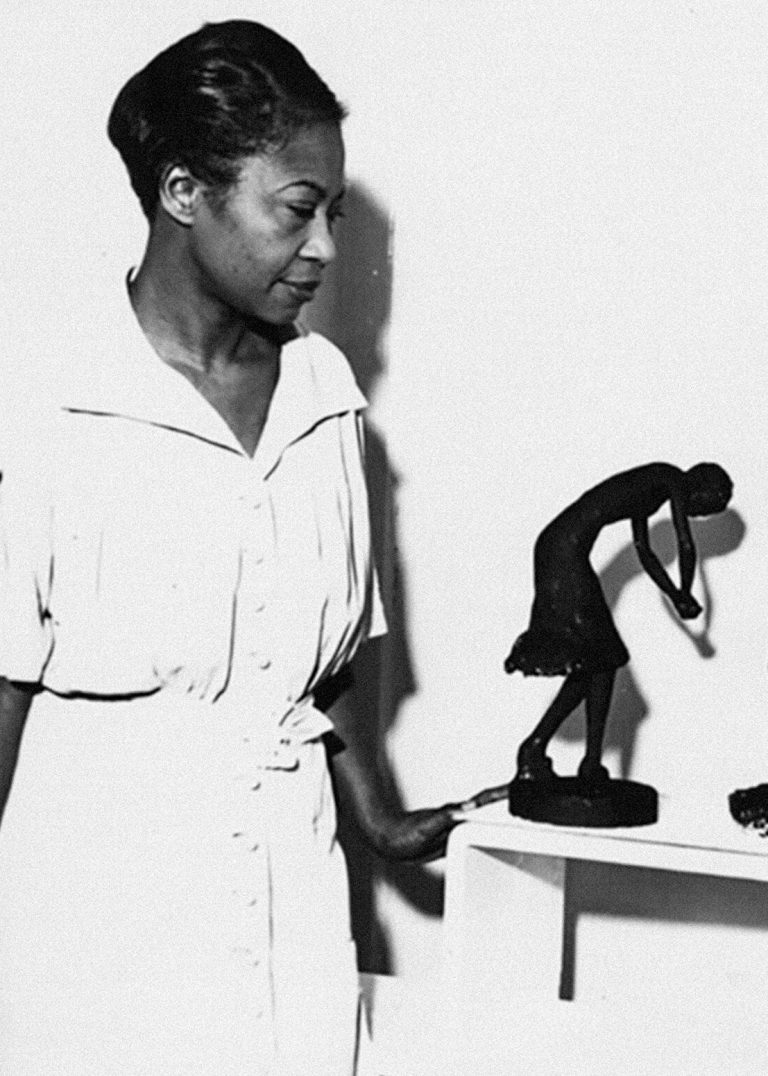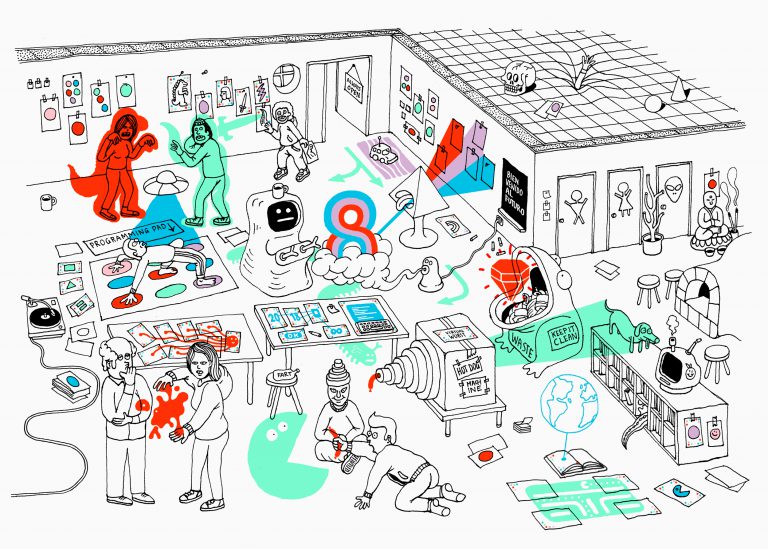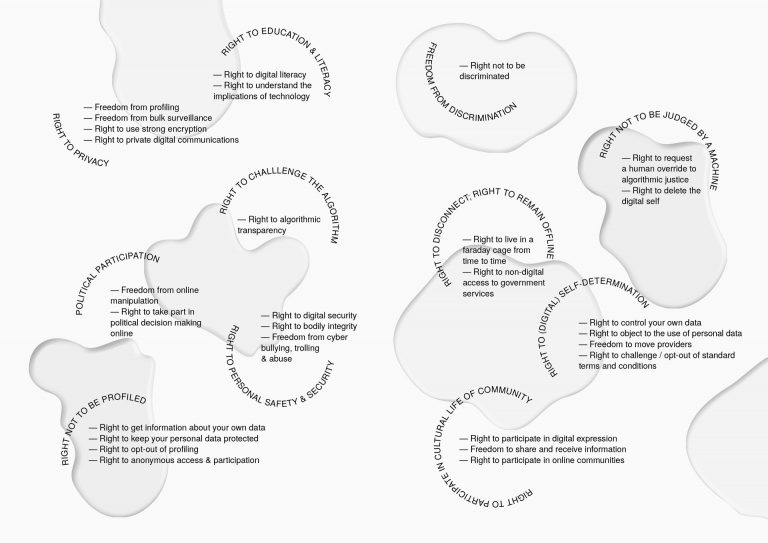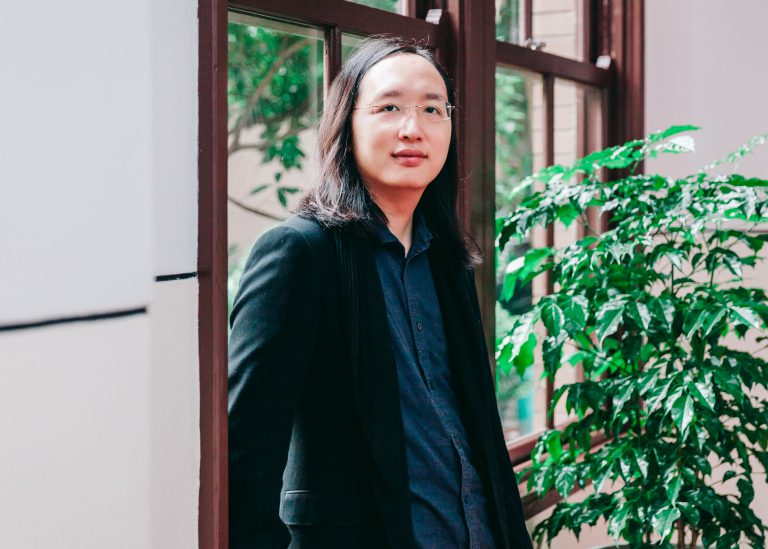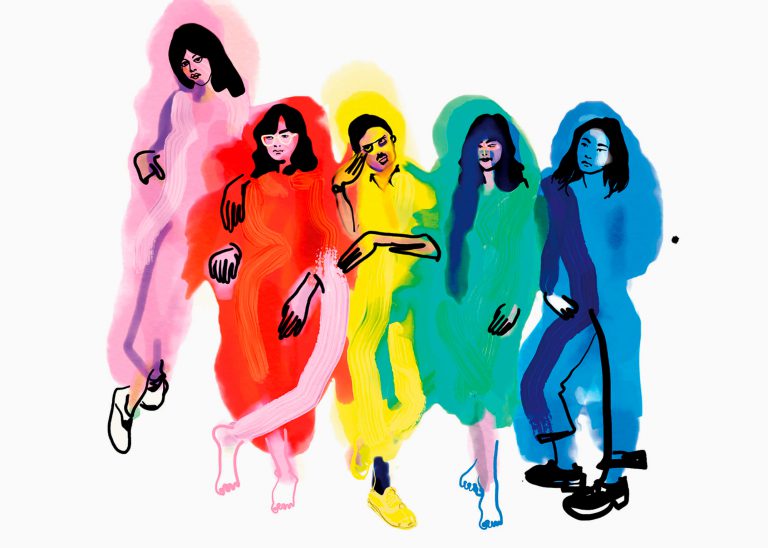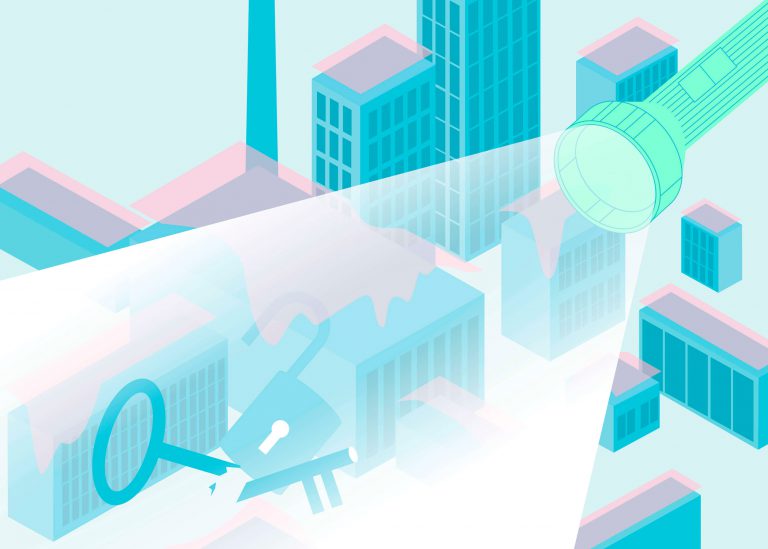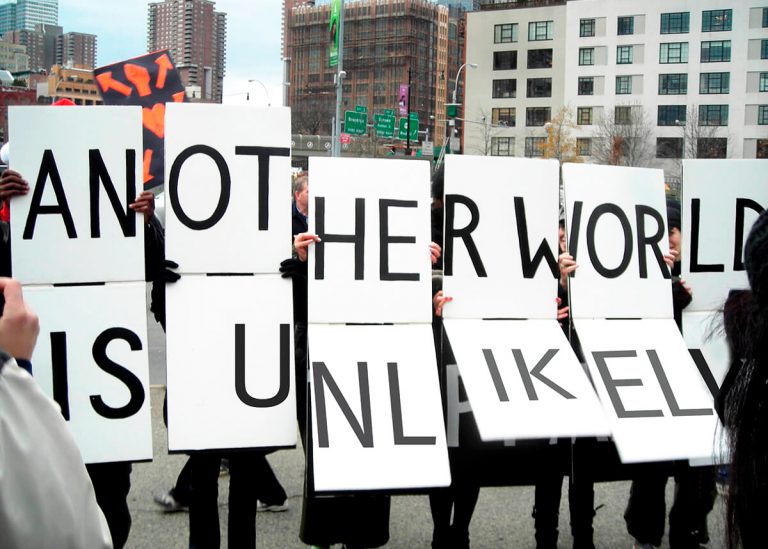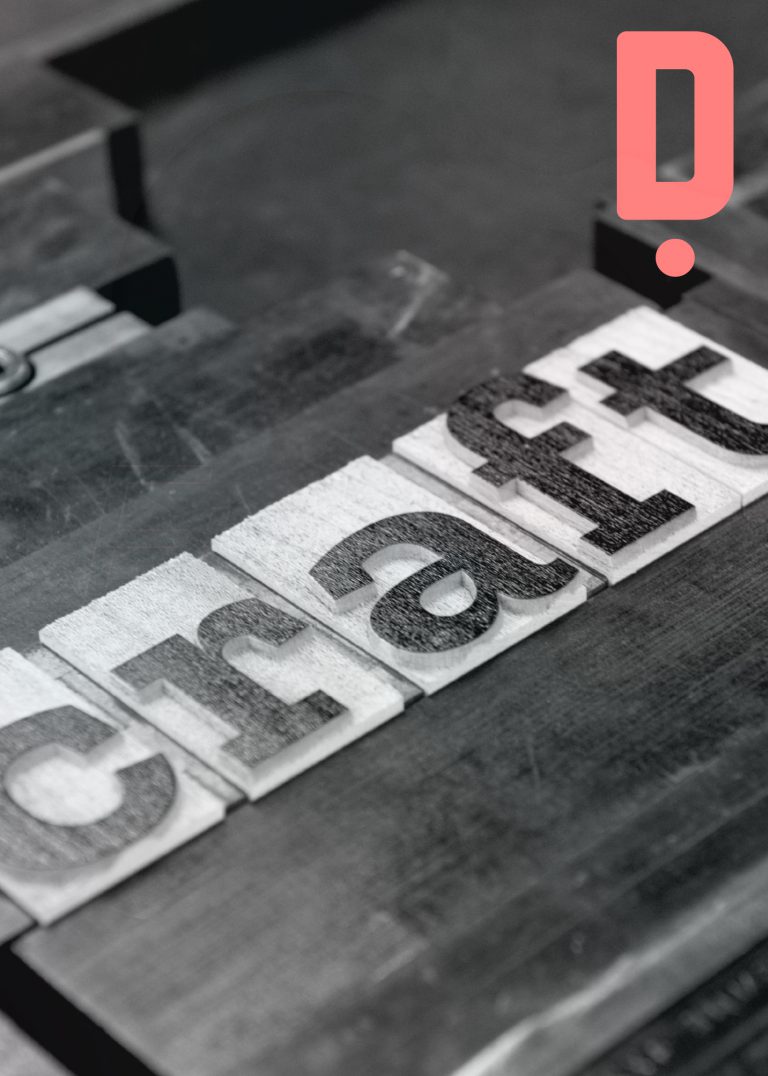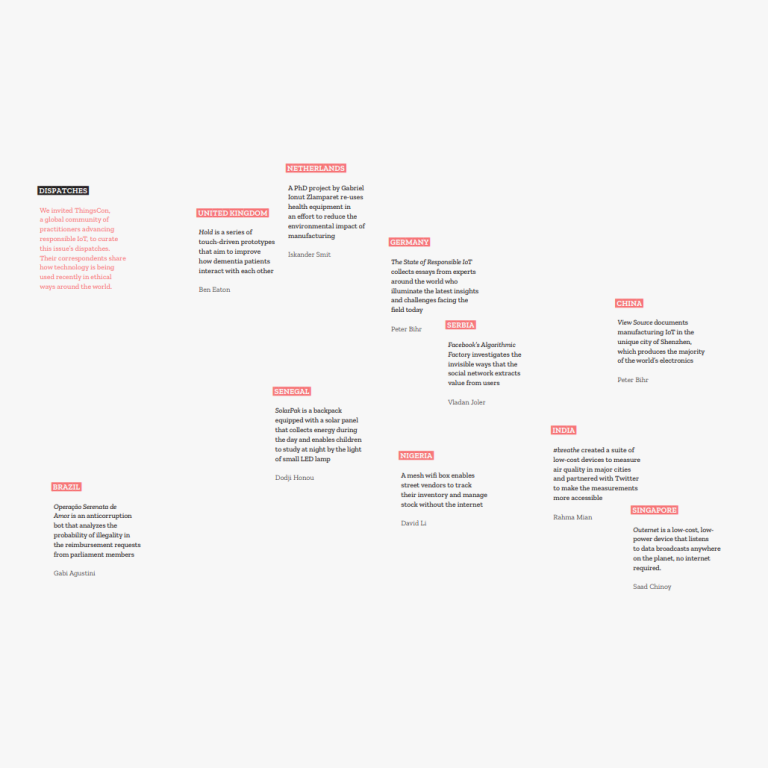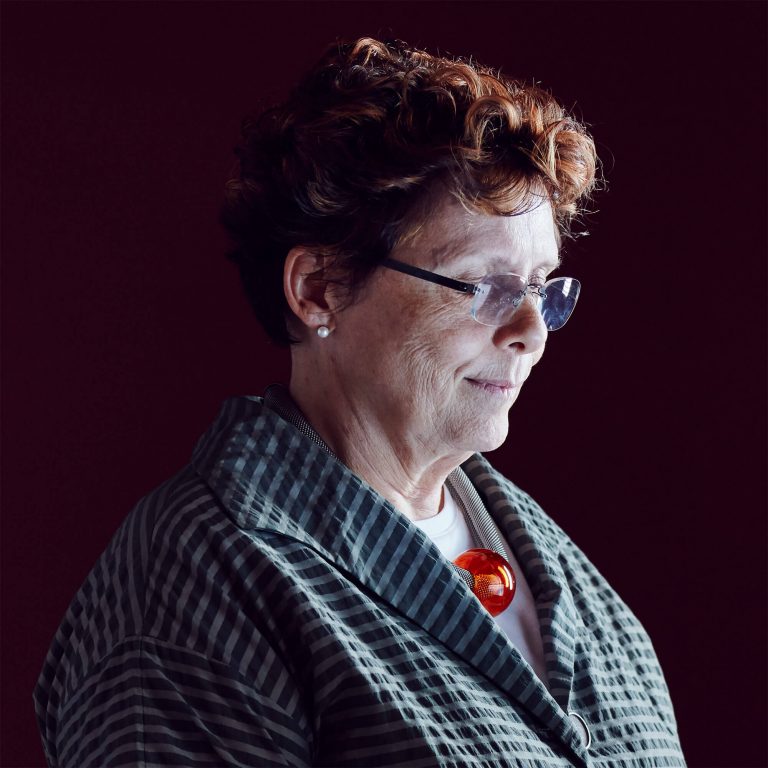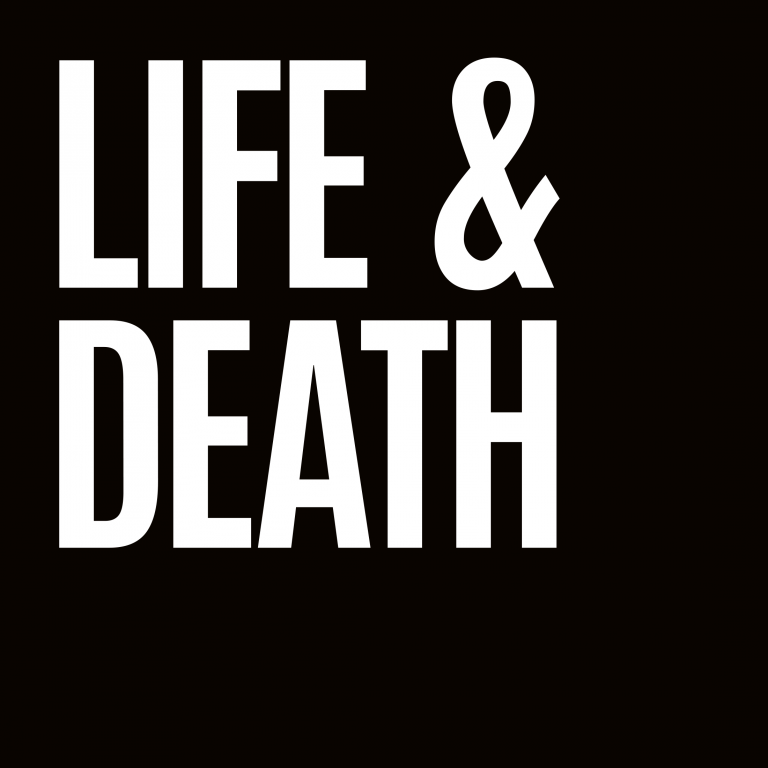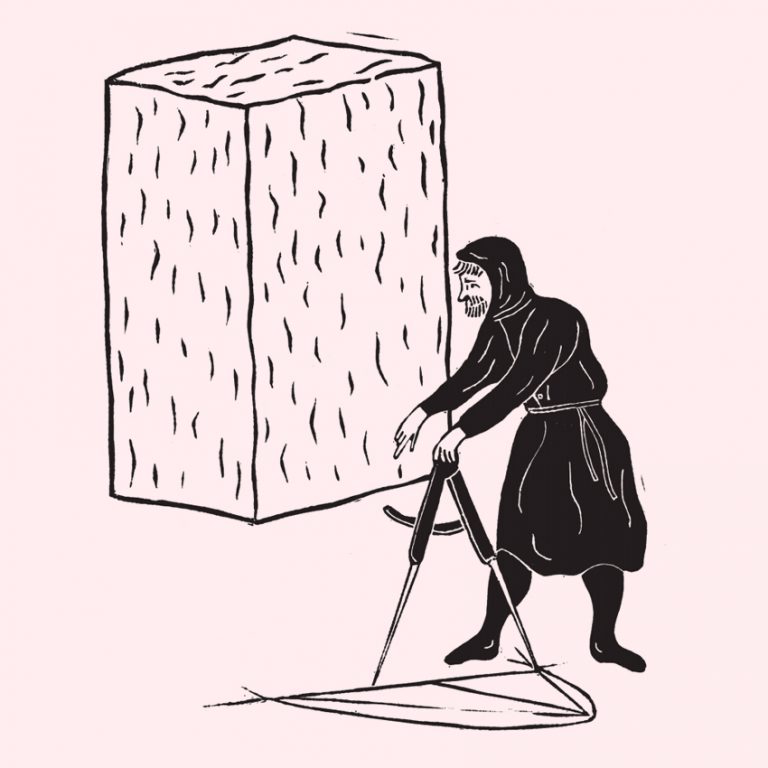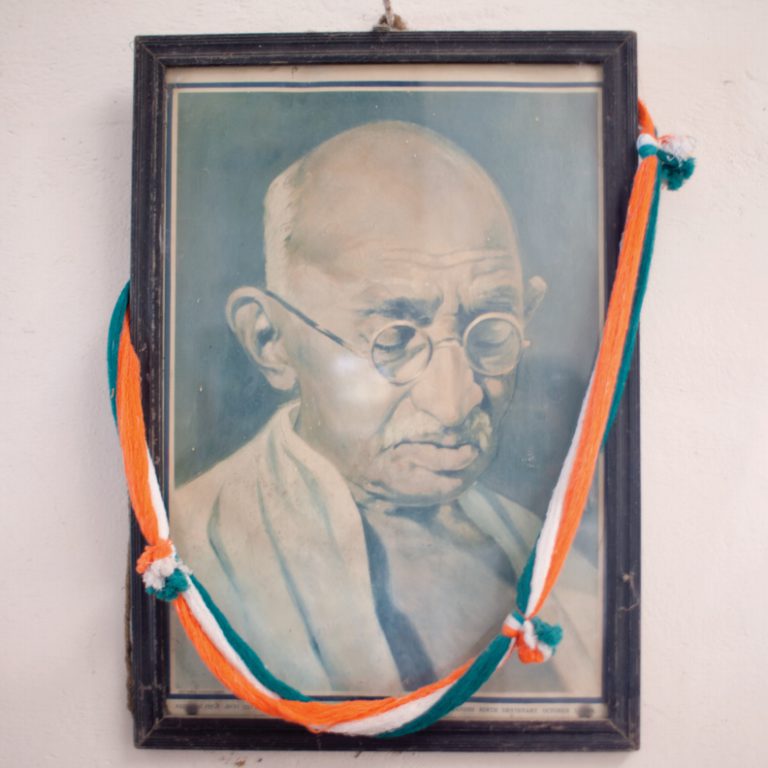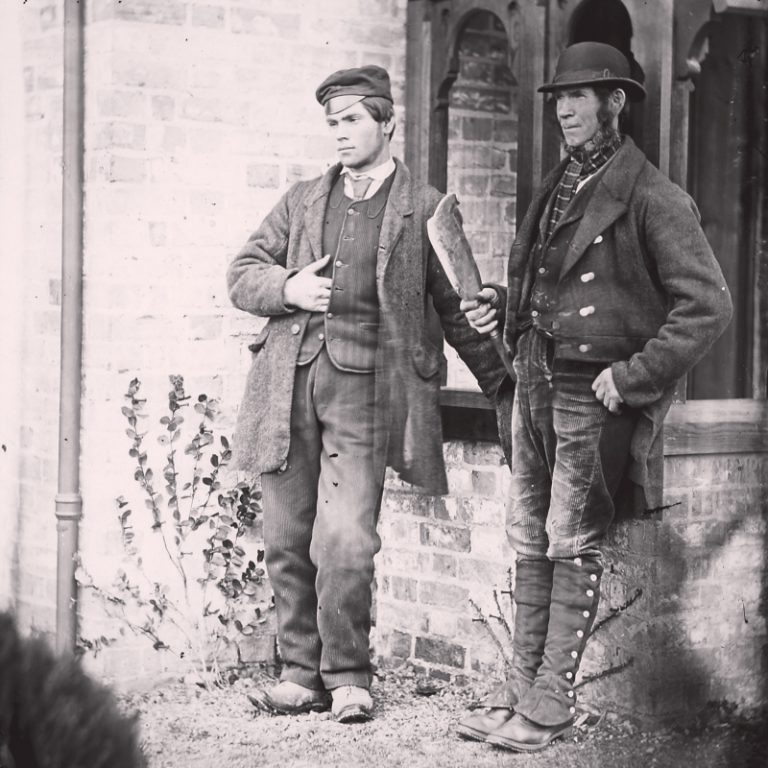
In the centre of Fedora, that grey stone metropolis, stands a metal
building with a crystal globe in every room. Looking into each globe,
you see a blue city, the model of a different Fedora. These are the
forms the city could have taken if, for one reason or another, it had
not become what we see today. In every age someone, looking at
Fedora as it was, imagined a way of making it the ideal city, but while
they constructed their miniature model, Fedora was already no longer
the same as before, and what had until yesterday been a possible
future became only a toy in a glass globe.
— Italo Calvino, Invisible Cities
building with a crystal globe in every room. Looking into each globe,
you see a blue city, the model of a different Fedora. These are the
forms the city could have taken if, for one reason or another, it had
not become what we see today. In every age someone, looking at
Fedora as it was, imagined a way of making it the ideal city, but while
they constructed their miniature model, Fedora was already no longer
the same as before, and what had until yesterday been a possible
future became only a toy in a glass globe.
— Italo Calvino, Invisible Cities
This edition of DING magazine takes the
city of Fedora as an inspiration for the inexhaustible
vision of its people and a warning
that visions without action cannot
make a better future. The articles you will
read here build on the relationships between
people and systems. In challenging
the power structures which determine
whose ideas become reality, a chorus of
different voices emerge that together offer
new departure points for more equal and
just digital futures.
city of Fedora as an inspiration for the inexhaustible
vision of its people and a warning
that visions without action cannot
make a better future. The articles you will
read here build on the relationships between
people and systems. In challenging
the power structures which determine
whose ideas become reality, a chorus of
different voices emerge that together offer
new departure points for more equal and
just digital futures.
The writers, artists and activists who have
contributed to this edition seek to resist
and question the trajectories on which we
currently find ourselves. In so doing, they
are scrutinising power – how it flows, where
it accumulates and who has it. Around half
of these contributions are from fellows on
The New New Fellowship
that we launched this year to support projects that
are showing the inadequacy of the systems
that surround us and are doing something
about it. You will find short descriptions of the other Fellows’ projects throughout
the magazine. The Fellowship is our own
contribution to ensuring that better, inclusive
visions are woven into the fabric
of our futures.
contributed to this edition seek to resist
and question the trajectories on which we
currently find ourselves. In so doing, they
are scrutinising power – how it flows, where
it accumulates and who has it. Around half
of these contributions are from fellows on
The New New Fellowship
that we launched this year to support projects that
are showing the inadequacy of the systems
that surround us and are doing something
about it. You will find short descriptions of the other Fellows’ projects throughout
the magazine. The Fellowship is our own
contribution to ensuring that better, inclusive
visions are woven into the fabric
of our futures.
Our contributors pay attention to how systems
structure knowledge, power and lives.
Jac sm Kee opens with an impassioned
case for technology that “embodies and
nourishes” the living complexity of feminist
movements. Xiaowei Wang looks
at how, long before predictive technologies
created vectors of social power, divination
was used to “foreclose the future”
and maintain the status quo. Camila
Nobrega reckons with how each of us is
implicated within systems of value. She
asks “Who is this ‘we’ trapped in an accelerated,
future-oriented time?” She urges
us to decolonise our utopias so that they
may be fit for the future.
structure knowledge, power and lives.
Jac sm Kee opens with an impassioned
case for technology that “embodies and
nourishes” the living complexity of feminist
movements. Xiaowei Wang looks
at how, long before predictive technologies
created vectors of social power, divination
was used to “foreclose the future”
and maintain the status quo. Camila
Nobrega reckons with how each of us is
implicated within systems of value. She
asks “Who is this ‘we’ trapped in an accelerated,
future-oriented time?” She urges
us to decolonise our utopias so that they
may be fit for the future.
When we think of the entanglements of
what-is and what-might-be suggested by
Fedora, we realise that once something is
articulated, or conceived, it attains a kind
of existence. Makan Fofana and Hugo
Pilate write that to terraform a symbiotic
banlieue defined by abundance rather
than want, people’s minds and attitudes
must first open and change. Pedro
Oliveira argues that to fully understand
the violence inflicted upon those suspected
of being ineligible to cross a border, we
must radically expand our notion of what
a border is.
what-is and what-might-be suggested by
Fedora, we realise that once something is
articulated, or conceived, it attains a kind
of existence. Makan Fofana and Hugo
Pilate write that to terraform a symbiotic
banlieue defined by abundance rather
than want, people’s minds and attitudes
must first open and change. Pedro
Oliveira argues that to fully understand
the violence inflicted upon those suspected
of being ineligible to cross a border, we
must radically expand our notion of what
a border is.
English is one of the internet’s predominant
languages, yet here you will find pieces
in French, Greek, Spanish and Brazilian
Portuguese. We’ve worked with wonderful
translators, which has added an extra layer
of complexity. What is left out or resists
interpretation is as important as what
comes through clearly. Elena Silvestrini
notes that since the Italian “sicurezza” and
Spanish “seguridad” imply policing and
security, the English term “safe” is often
used to describe safe(r) spaces. Andrew
Mallinson and Cami Rincón contribute
two poems, in English and Spanish,
which exist side by side, not as translations,
but as companions or reflections, each of
the other. Tinashe Mushakavanhu asks
what can be done with the holes left by the
repression of the Mugabe years, and how
those tactics can be used to positively rectify
the digital holes left by the languages,
cultures and people who are under-served
by or refused space on the internet.
languages, yet here you will find pieces
in French, Greek, Spanish and Brazilian
Portuguese. We’ve worked with wonderful
translators, which has added an extra layer
of complexity. What is left out or resists
interpretation is as important as what
comes through clearly. Elena Silvestrini
notes that since the Italian “sicurezza” and
Spanish “seguridad” imply policing and
security, the English term “safe” is often
used to describe safe(r) spaces. Andrew
Mallinson and Cami Rincón contribute
two poems, in English and Spanish,
which exist side by side, not as translations,
but as companions or reflections, each of
the other. Tinashe Mushakavanhu asks
what can be done with the holes left by the
repression of the Mugabe years, and how
those tactics can be used to positively rectify
the digital holes left by the languages,
cultures and people who are under-served
by or refused space on the internet.
Writing from perspectives of marginalisation,
queerness and repression, it is at a
point poised between critique, speculation
and action that these contibutors are working.
It is the edge of the possible, the state
of what-if which defines pioneers – those
who look beyond what is currently the case.
If to imagine and speculate are acts of resistance,
they are also only the first steps
towards more emancipatory, equitable futures.
In such an “arid, urgent present
time,” we hope you will be inspired by their
words.
queerness and repression, it is at a
point poised between critique, speculation
and action that these contibutors are working.
It is the edge of the possible, the state
of what-if which defines pioneers – those
who look beyond what is currently the case.
If to imagine and speculate are acts of resistance,
they are also only the first steps
towards more emancipatory, equitable futures.
In such an “arid, urgent present
time,” we hope you will be inspired by their
words.
Katherine Waters & Julia Kloiber, Superrr Lab
This magazine is part of The New New Fellowship – a programme that supports projects exploring equitable and inclusive digital futures across Europe. Throughout the magazine we hear from the fellows through essays, poems, articles and quotes.
This initiative by the Bertelsmann Stiftung and the non-profit Superrr Lab is carried out in cooperation with the Allianz Kulturstiftung and the Goethe Institut.
This initiative by the Bertelsmann Stiftung and the non-profit Superrr Lab is carried out in cooperation with the Allianz Kulturstiftung and the Goethe Institut.

